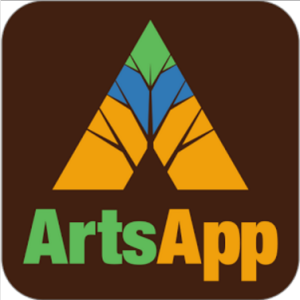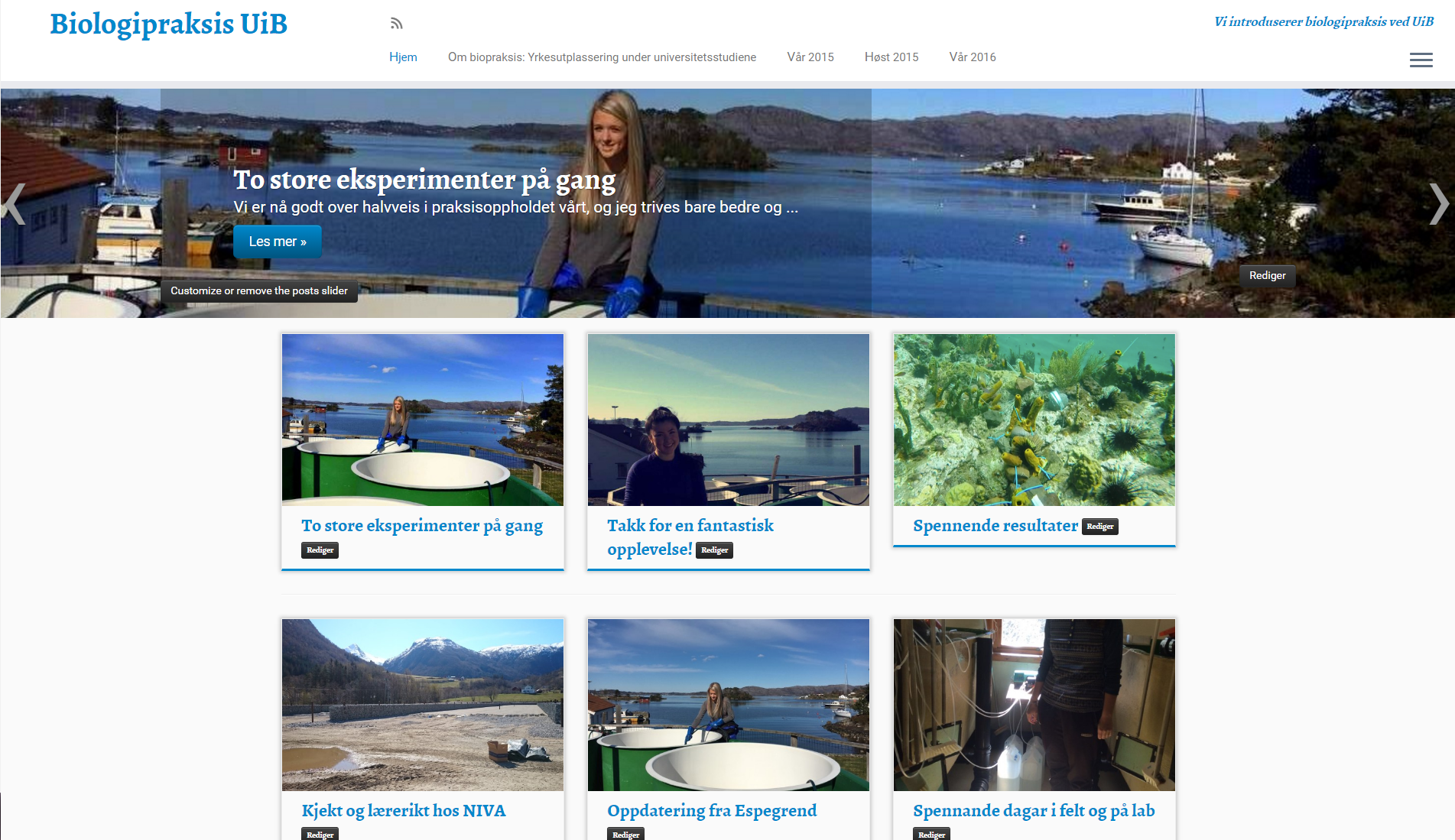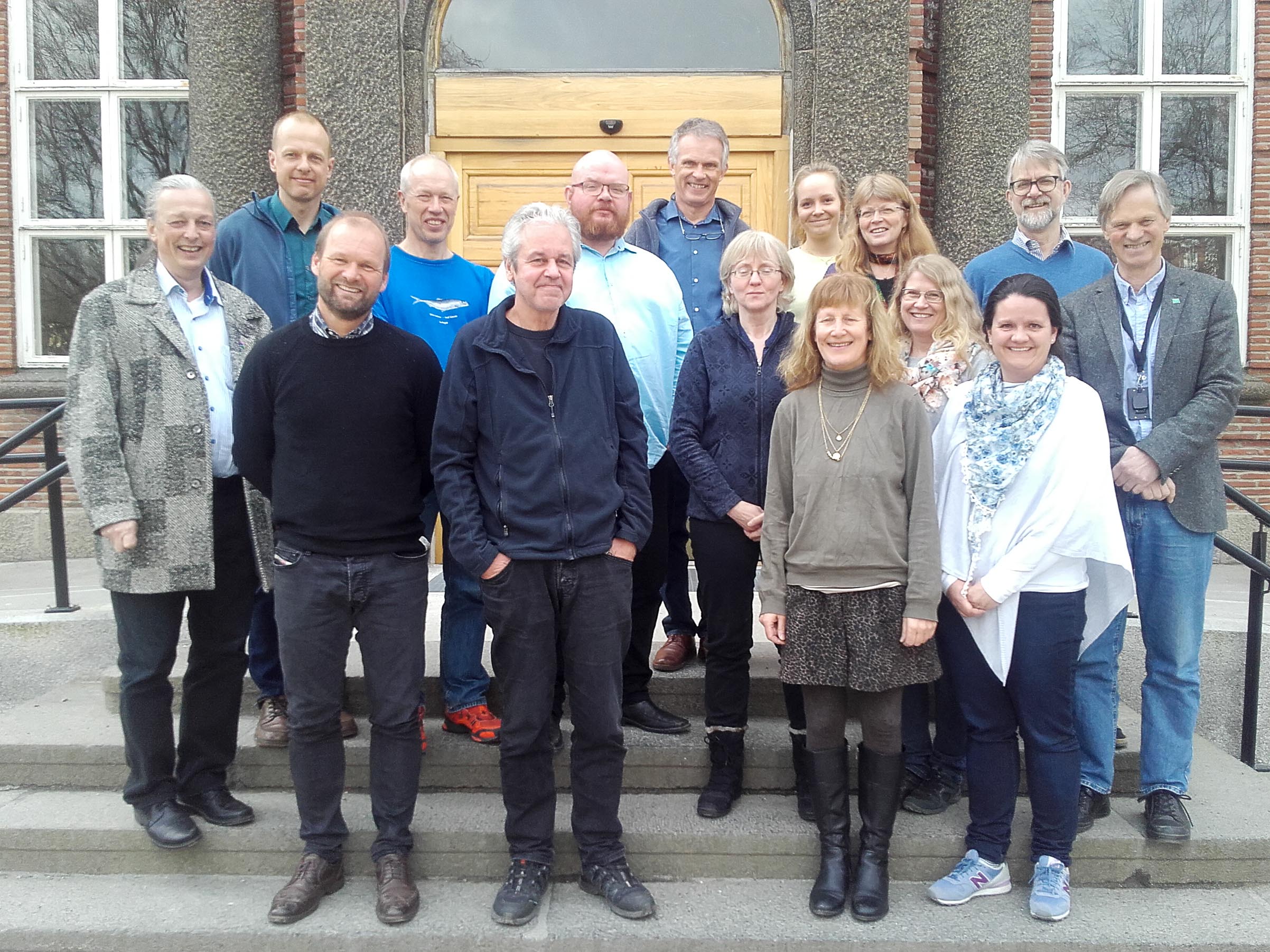bioCEED support a series of projects in biology education.
Artsapp
 The bioCEED funded species app (ArtsApp) that aims to digitalize and ease the use of keys in identification of species, has been launched for an open beta session. The app was developed around the genus Carex, (Nor: Starr), and through selection and elimination of traits in no particular order, one can decipher which species of Carex one has at hand.
The bioCEED funded species app (ArtsApp) that aims to digitalize and ease the use of keys in identification of species, has been launched for an open beta session. The app was developed around the genus Carex, (Nor: Starr), and through selection and elimination of traits in no particular order, one can decipher which species of Carex one has at hand.
National Forum for Educational Leadership in Biology
The National Forum for Educational Leadership in Biology is a network and meeting place established in 2016. It is an area for exchange of leadership ideas and experiences on current practices and trends in educational leadership relevant to all biology departments at Norwegian universities – with a focus on the work of Heads of Education or those with this responsibility. bioCEED has initiated and run the Forum in close collaboration with Biofagrådet and is run back-to-back with the spring meeting of Biofagrådet.
 iSCOPE
iSCOPE
iSCOPE (integrating Science of Oceans, Physics and Education) aims to create of a suite of verifiably effective, innovative science pedagogies to make Norway a leader in the impact that marine biological research offers the global community.
PRIME
 bioCEED’s competance project PRIME (How implementation of PRactice can IMprove relevance and quality in discipline and professional Educations) investigates how increased level of practical experience influences learning in higher education. PRIME is funded by The Research Council of Norway and is a collaboration between bioCEED, Uni Research Environment and private and public workplaces where biologists work.
bioCEED’s competance project PRIME (How implementation of PRactice can IMprove relevance and quality in discipline and professional Educations) investigates how increased level of practical experience influences learning in higher education. PRIME is funded by The Research Council of Norway and is a collaboration between bioCEED, Uni Research Environment and private and public workplaces where biologists work.
Teach 2 Learn (TE2LE)
The Teach 2 Learn (TE2LE) project aims to teach BSc and MSc students in biology cross-disciplinary transferable skills through the application of an innovative pedagogical practice. To stimulate their creativity and develop their collaborative, communicative and pedagogical skills, students will create video tutorials to teach their peers key scientific concepts (bio SKILLS) such as laboratory practices, field work methods, statistic, scientific writing and Health Safety and Environment (HSE).

